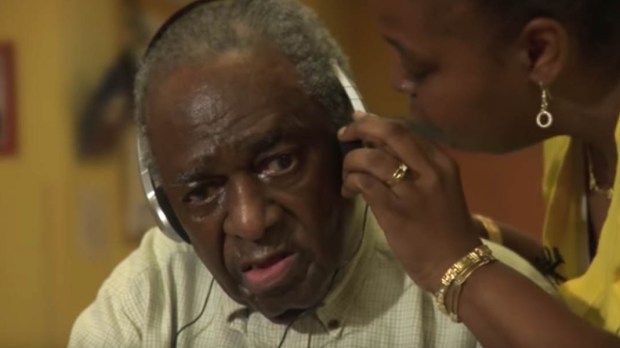Music is the most intangible of all of the arts. While visual art decorates a room and literary art can decorate your thoughts, music is a decoration of time that, once concluded, is left for philosophers to debate whether or not it had ever existed at all. Music is experienced in the mind and the body — in our minds the melodies can live for our entire lives, while the physical sound waves actually move through our bodies.
The effect of music on the mind was the focus of a recent study published in The Journal of Prevention of Alzheimer’s Disease, which determined that music is stored in a part of the brain which is not affected by Alzheimer’s disease or dementia. This means that Andy Dufresne was correct in The Shawshank Redemption when he said, “That’s the beauty of music. They can’t take that away from you.”
When someone listens to a song they really like, their brain performs an Autonomous Sensory Meridian Response (ASMR). The ASMR can make one feel as though there is a slight tingling in the brain or scalp and is considered a natural “buzz,” similar to the effects of dopamine, but isolated to the head. It doesn’t seem like much, but these ASMRs are stored in the brain and these memories can be revisited at a later time.
Jeff Anderson, M.D., Ph.D., associate professor in Radiology at the University of Utah Health and contributing author on the study, found that drawing upon the stored ASMRs of the brain can be beneficial to Alzheimer’s patients, pulling them from their hazy states for an intelligent, albeit brief, conversation.
This phenomenon is not exactly new, but the studies of it are still in their early stages. The most famous examples of music drawing a man from a fugue state is this story of Henry, who becomes more lucid and animated after listening to his favorite songs from his youth.
While this is by no means a cure for Alzheimer’s, Dr Anderson is hopeful that it may be used in treatments and help make patients with mental deterioration feel more comfortable:
“In our society, the diagnoses of dementia are snowballing and are taxing resources to the max,” Anderson said. “No one says playing music will be a cure for Alzheimer’s disease, but it might make the symptoms more manageable, decrease the cost of care and improve a patient’s quality of life.”

